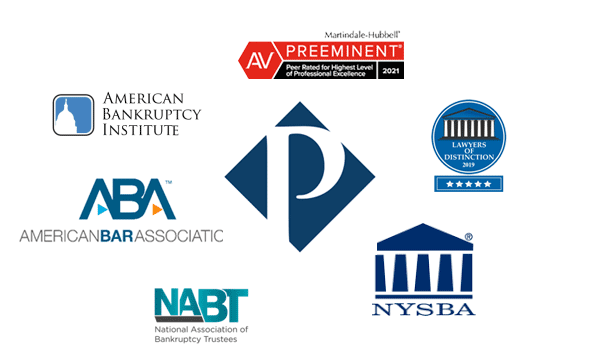
Why are so many individuals and business executives reluctant to accept offers to recover unclaimed and abandoned assets which belong to those individuals or the executives’ businesses? A while ago I spoke with the assistant director of a state unclaimed property agency who told me that she had spent over a year trying to persuade an elderly woman who resided in her state to accept over $100,000 in unclaimed funds to which she was entitled. I guess, to the owner, it sounded too good to be true and the executive director could not persuade her otherwise. That story is not unusual. I am told by employees of unclaimed property agencies and some financial institutions that the solicitation of owners to collect their unintentionally abandoned assets is a very difficult task. Suspicion abounds in the field. That’s not terribly surprising since the National Association of Unclaimed Property Agencies’ (NAUPA) website regularly warns consumers about the threat of scams by finders. The page includes this caveat: “Be careful to avoid unclaimed property scams when reviewing communications regarding unclaimed property.” Not long ago, the state treasurer of Pennsylvania issued a press release advising citizens of Pennsylvania to ignore offers from collection agencies to recover unclaimed property because of potential scams. It’s no wonder people are hesitant to collect what theirs. I Imagine that the many unsolicited emails from Nigerian princes offering free money doesn’t help.
I’m not sure the same logic applies to business executives who, are typically, aware of the debt collection process and understand that debt collectors charge a fee. I hope that an offer from a U.S. law firm offering to collect money owed to a business would get more traction than an unsolicited letter from a Nigerian prince. Most businesses should be able to easily check the credentials of American lawyers before they respond to a collection proposal to verify the proposals legitimacy. An attorney in good standing with his or her state bar is subject to the rules of professional conduct for that state which should reassure business executives who receive a collection proposal from an American lawyer.
But even here I see companies and their executives ignoring the financial leakage that results in billions of dollars being lost to companies without an asset recovery program. The fifty states collect billions of dollars more each year than they return to their owners. It is estimated that half of those billions belong to American businesses.
Recently, a senior executive of a large healthcare not-for-profit responded to my proposal to recover several hundred thousand dollars in unclaimed assets for the company with: “I’m not interested.” Not interested! Wouldn’t a class action lawyer love to see that email? I suppose one could say it’s bad enough that they “lost” the assets, but since business executives and directors have a fiduciary duty to manage those assets, for them to say they are not interested in recovering those missing assets, is beyond the pale and probably actionable.
Generally, collecting unclaimed and abandoned assets is without risk and generates cash for a business. However, there are situations where title to a particular abandoned asset is unclear. That is why we urge businesses to involve their General Counsel’s office or outside counsel in asset recovery matters. The risk of overlooking something in the chain of title to abandoned property resulting in a business collecting funds that do not belong to it would be embarrassing at best and possibly unlawful.
As attorneys, we are obligated to assure ourselves that a claim is valid before we assert it on behalf of our client. We do the forensic work necessary to determine if our clients are in, and remain in, the chain of title to unclaimed assets. It is not uncommon for us to find that corporate assets sold by our clients sometime remain in the name of the seller after the sale closes. We have to parse that out through business records and only assert claims that we are convinced belong to one of our clients.
Our law firm relies on a number of internationally recognized business and corporate databases, public records, bankruptcy court records, as well as publications in the Science, Business & Industry Library Division of the New York Public Library. Before proceeding with an asset recovery claim, we confirm our research with official corporation and business filings.
That level of due diligence, which is mandated by lawyers’ Codes of Professional Responsibility, is what is really necessary to avoid collecting assets that belong to someone else and why we suggest that businesses use attorneys to recover these assets.

